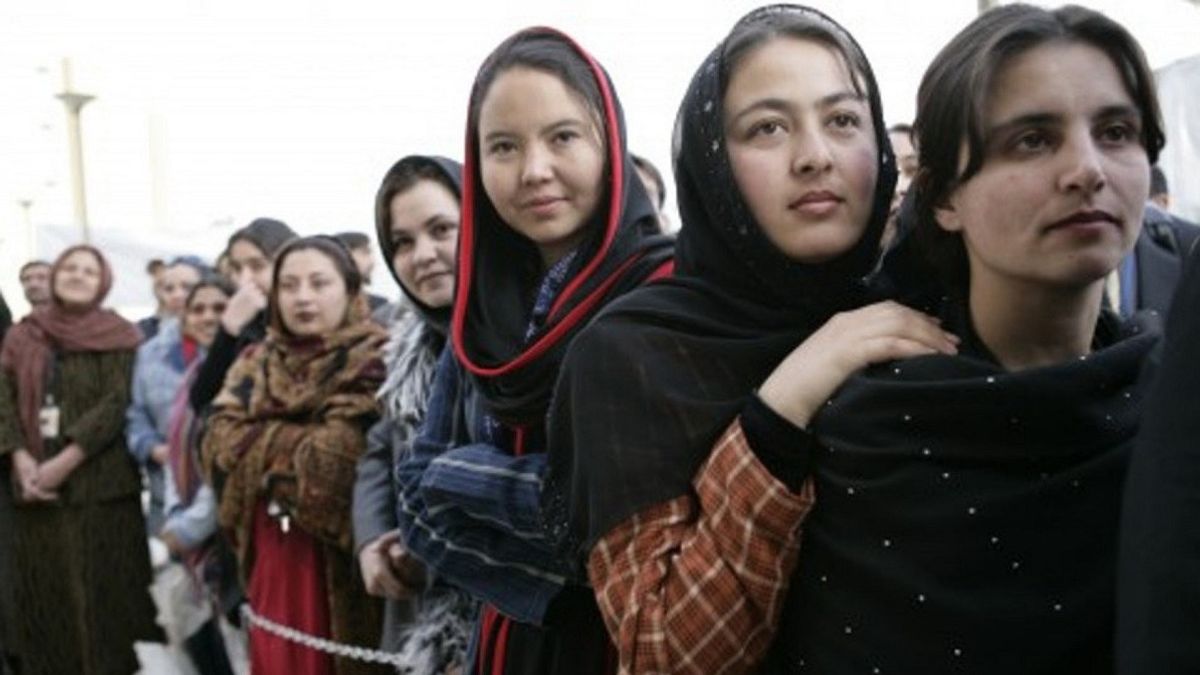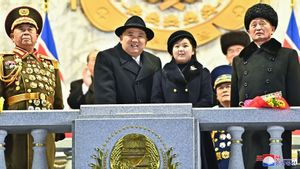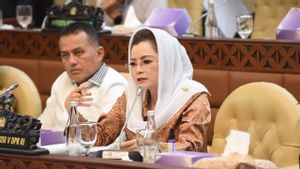JAKARTA - The UN mission in Afghanistan has called the country the world's most repressive against women and girls, criticizing the Taliban's draconian restrictions.
The Taliban, who returned to control of the country in August 2021, "have shown an almost singular focus on enforcing rule, which has kept most of the women and girls effectively trapped in their homes," said mission chief Roza Otunbayeva, citing The National News March 8.
Locking women in their homes was not only a "colossal act of national self-detriment", but condemned a generation that would live in poverty, he said.
The statement, released ahead of International Women's Day, comes days after universities resumed classes after their winter break, but without female students.
Major fears for women's rights were confirmed after the group took over Afghanistan, 20 years after it was last in power.
Despite their lame claim to protect women's rights, the Taliban banned women from university in December and banned them from working for aid groups a month later.
Women are also not allowed in most public spaces, including parks, gyms, and swimming pools.
While access to lower-level schools varies by region, most girls in grades six or above are barred from continuing education. Meanwhile, schools that have remained open have been the target of horrific attacks.
Last year, more than 50 students, mostly girls, were killed in a suicide bombing at a school in Kabul in October, one of several deadliest attacks in recent years.
The United Nations says the Taliban have exercised constant restrictions on women's freedoms since they returned to power, often beating women and girls who have taken to the streets for months to protest the decision.
The remarks echo those made by UN Secretary-General Antonio Guterres on Tuesday.
"We will never give up fighting for the rights of women and girls in Afghanistan and condemn their removal from public life," Guterres said.
Male students have also protested against restrictions on girls' education, with some classes boycotting, while several professors have resigned from their posts.
SEE ALSO:
"If we want to become a civilized country, (university gates) must be reopened to all citizens of our country without gender, religion, and geographical differences," university lecturer Murtaza Hossieni told Tolo news.
Nasir, a student who did not give his last name, said "we are happy that the university has reopened, but we are disappointed that our sister has not been able to participate."
In Balkh, literature students refuse to attend lectures until their female friends are also allowed to do so, reports the Hasht e Subh newspaper.
The English, Chinese, Japanese, Arabic, and French versions are automatically generated by the AI. So there may still be inaccuracies in translating, please always see Indonesian as our main language. (system supported by DigitalSiber.id)


















